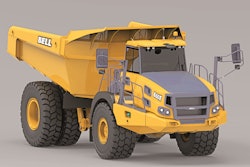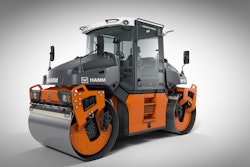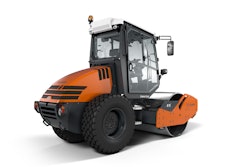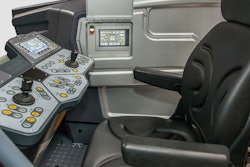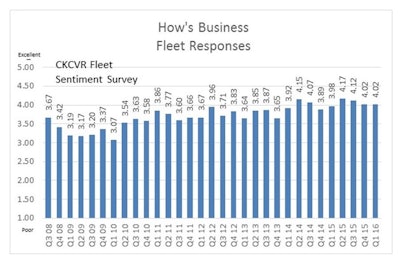
The quarterly Fleet Sentiment survey conducted in early January by CK Commercial Vehicle Research (CKCVR) indicates that truck fleets are on solid ground entering 2016. All measures of the fleet environment as reported by the 48 fleets participating in the survey show that most are continuing to see good demand levels for their services along with high equipment utilization rates. The driver shortage is one area that continues to especially challenge OTR for-hire fleets.
Other key results for the Q1 2016 Fleet Sentiment Survey:
- A smaller percentage of fleets were planning power unit purchases in Q1 2016 versus a year ago; however overall unit volume was higher. Conversely, more fleets planned trailer purchases but with fewer total units.
- A few larger fleets were planning added capacity with new trailer units but overall fleets are primarily buying equipment for replacement only.
- Reported equipment utilization is above 90% for trucks and more than 85% for trailers.
- More than 50% of fleets reported that they need drivers now (to either fill seats or to grow)
- About one in four fleets are already taking actions to meet the proposed GHG-Phase 2 implementation.
- A third of survey respondents are currently spec’ing downspeed powertrains with another 15% expected to do so within a couple of years.
- On average, survey participants view OEM integrated powertrain packages favorably.
- Fleets participating in the Q1 2016 survey operate in excess of 46,000 medium- and heavy-duty trucks and more than 138,000 trailers. They represent a varied mix of fleet demographics.
“Results of our Q1 2016 survey look remarkably like the same period last year,” notes Chris Kemmer from CKCVR. “Fleet capacity versus demand and other fleet environment survey results matched very closely to Q1 2015. Early year medium- and heavy-duty equipment buying plans were somewhat uneven when compared to Q1 2015. Most respondents indicated their annual 2016 purchases would be similar to 2015; however we heard from one major fleet that is cutting purchases for both trucks and trailers at least in half, so that could definitely be a concern.”




